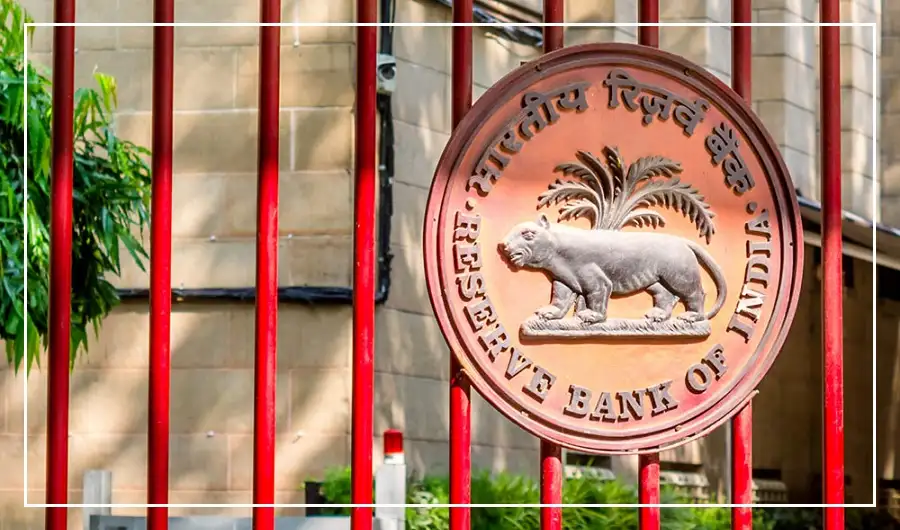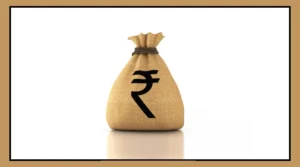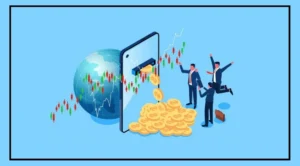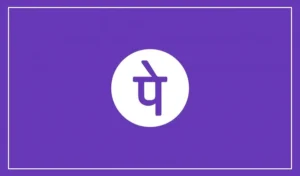The Reserve Bank of India (RBI) has made a major announcement during the festive season.
On October 1, RBI Governor Sanjay Malhotra declared that customers holding Basic Savings Bank Deposit Accounts (BSBDA) will now also be able to use digital banking services. This decision will benefit millions of account holders.
Until now, only regular savings account holders had access to internet and mobile banking.
With this move, basic savings account holders can now use online banking, mobile apps, and digital payment services, making banking more convenient for them.
Greater Convenience and Financial Inclusion
While announcing the monetary policy on October 1, Governor Malhotra said that providing digital banking on BSBD accounts will make life easier for people, as they can access services from their homes.
This step is being seen as a big boost for financial inclusion, ensuring that more people — especially those in rural and low-income groups — come under the formal banking system.
At present, BSBD accounts allow facilities such as deposit and withdrawal of money, use of electronic payment channels, and free ATM cards. However, digital banking was not available earlier.
Features of BSBD Accounts
To expand banking coverage, the RBI had allowed banks to open BSBD accounts, which provide basic services free of charge.
Customers also do not need to maintain any minimum balance in these accounts.
Now, with digital banking added, these accounts will function much like regular savings accounts, offering wider access to services.
Governor Malhotra added that since digitization in banking is progressing rapidly, it was necessary to extend digital services to BSBD customers as well.
Repo Rate Decision
Along with this, the RBI also announced its monetary policy on October 1. The central bank did not reduce the repo rate this time, just as it did not in August.
However, earlier this year, the RBI cut the repo rate by 100 basis points (1%), reducing it from 6.5% in January to 5.5% by June.
The cuts were made in February, April, and June, which made home loans and auto loans cheaper.
Experts expect the RBI may further reduce the repo rate by 25 basis points in its December policy review.
























